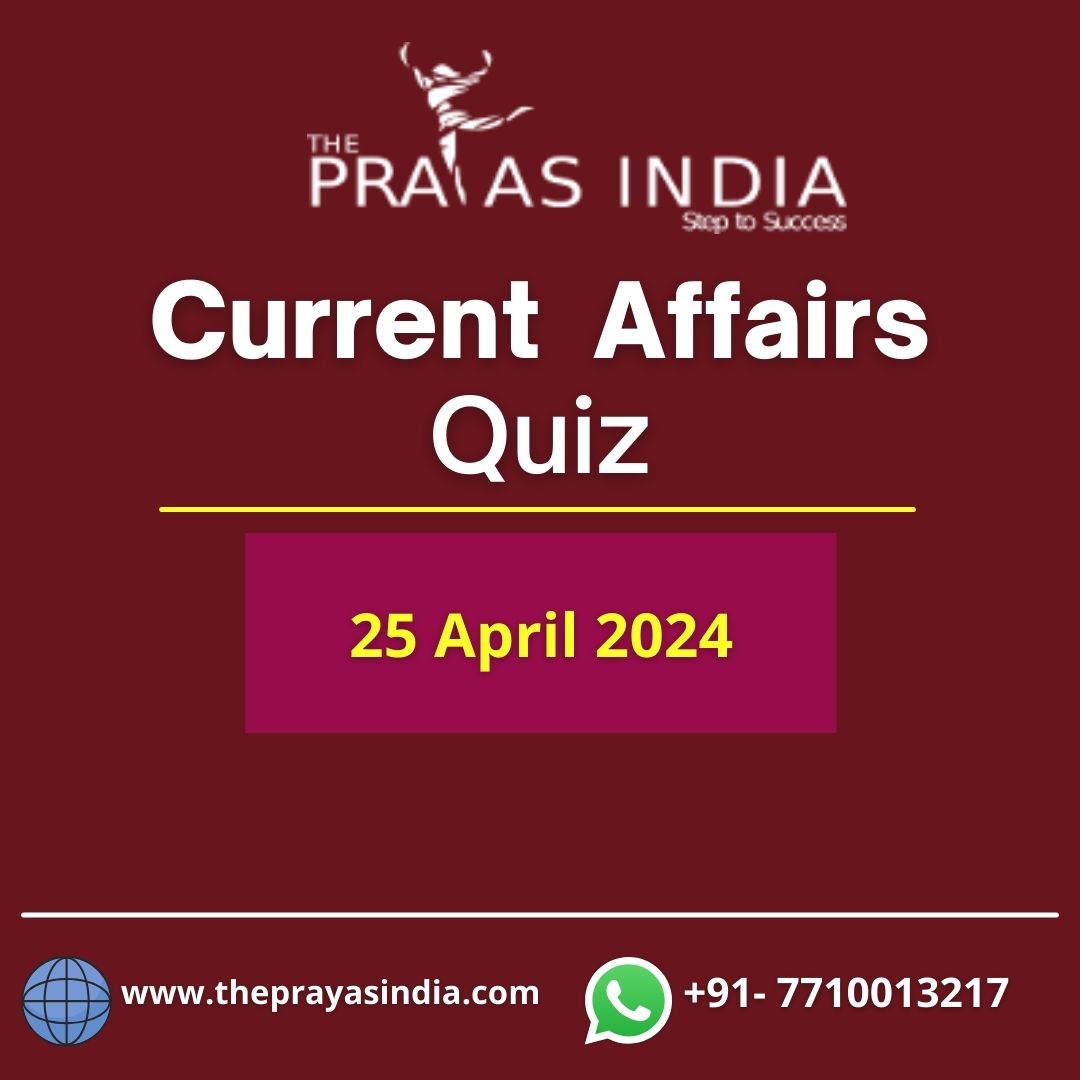1) Consider the following statements:
- The Patents (Amendment) Act, 2005, introduced the provisions relating to Exclusive Marketing Rights (EMRs).
- The TRIPS Agreement sets out the minimum standards of intellectual property protection to be provided by each Member.
- Preventing known substance from being patented as an invention unless it enhances the efficacy of the substance repetitively is known as preventing “evergreening” of patents.
Which of the above statements is/are correct?
- a) 1, 2
- b) 1, 3
- c) 2, 3
- d) 1, 2, 3
Solution: c)
Indian Patents Act, 1970:
- It replaced the Indian Patents and Designs Act 1911.
- The Act was amended by the Patents (Amendment) Act, 2005, wherein product patent was extended to all fields of technology including food, drugs, chemicals and microorganisms.
- After the amendment, the provisions relating to Exclusive Marketing Rights (EMRs) have been repealed, and a provision for enabling grant of compulsory license has been introduced.
- The provisions relating to pre-grant and post-grant opposition have also been introduced.
Article 3(d) of the Indian Patent Act prevents the mere discovery of any new property or new use for a known substance from being patented as an invention unless it enhances the efficacy of the substance repetitively. This prevents what is known as “evergreening” of patents.
In respect of each of the main areas of intellectual property covered by the TRIPS Agreement, the Agreement sets out the minimum standards of protection to be provided by each Member.
2) Consider the following statements regarding Harmonised System of Nomenclature (HSN) code:
- It is a multipurpose international product nomenclature developed by the World Trade Organization (WTO).
- It was developed with the vision of facilitating the classification of goods all over the World in a systematic manner.
- In India, HSN codes apply to Customs and GST.
Which of the above statements is/are correct?
- a) 1, 2
- b) 2, 3
- c) 1, 3
- d) 1, 2, 3
Solution: b)
- HSN stands for Harmonised System of Nomenclature code. It is mandatory for both B2B and B2C tax invoices on the supplies of Goods and Services.
- This was introduced in 1988 by the World Customs Organization (WCO). This was introduced for a systematic classification of goods both national and international. This is a 6-digit code that classifies various products.
India has been using HSN codes since 1986 to classify commodities for Customs and Central Excise.
- HSN codes apply to Customs and GST. The codes prescribed in the Customs tariff are used for the GST purposes too. HSN is used all over the world. There are different HSN codes for various commodities.
- HSN codes remove the need to upload details about the goods which makes filing of GST returns easier.
HSN code is required for anything from animal products, mineral products, plastic articles to footwear, arms and ammunition and machinery.
3) Consider the following statements regarding the incremental capital-output ratio (ICOR):
- The incremental capital-output ratio (ICOR) is the amount of capital required to produce one unit of output.
- The lower the ICOR, the less efficient we are in the use of capital.
- Reducing the cost of capital helps in reducing ICOR.
Which of the above statements is/are correct?
- a) 1 only
- b) 1, 2
- c) 1, 3
- d) 2, 3
Solution: c)
The incremental capital-output ratio (ICOR) is the amount of capital required to produce one unit of output.
The higher the ICOR, the less efficient we are in the use of capital.
ICOR is determined by a variety of factors including technology, skill of manpower, managerial competence and also macroeconomic policies. Thus, delays in the completion of projects, lack of complementary investments in related sectors and the non-availability of critical inputs can all lead to a rise in ICOR.
4) India currently has trading of Gold using:
- Gold derivatives
- Gold ETFs
- Spot exchanges for physical trade in gold
Select the correct answer code:
- a) 1 only
- b) 1, 2
- c) 2, 3
- d) 1, 2, 3
Solution: b)
India currently has trading only in gold derivatives and Gold ETFs, unlike several other countries which have spot exchanges for physical trade in gold.
5) Consider the following statements regarding Board for Financial Supervision:
- The Reserve Bank of India performs the supervisory function under the guidance of the Board for Financial Supervision (BFS).
- It undertakes supervision of Scheduled Commercial and Co-operative Banks, Small Finance Banks and Payments Banks.
- The Board is chaired by the Deputy Governor of RBI.
Which of the above statements is/are correct?
- a) 1 only
- b) 1, 2
- c) 2, 3
- d) 1, 3
Solution: b)
The Reserve Bank of India performs the supervisory function under the guidance of the Board for Financial Supervision (BFS). The Board was constituted in November 1994 as a committee of the Central Board of Directors of the Reserve Bank of India under the Reserve Bank of India (Board for Financial Supervision) Regulations, 1994.
The primary objective of BFS is to undertake consolidated supervision of the financial sector comprising Scheduled Commercial and Co-operative Banks, All India Financial Institutions, Local Area Banks, Small Finance Banks, Payments Banks, Credit Information Companies, Non-Banking Finance Companies and Primary Dealers.
The Board is constituted by co-opting four Directors from the Central Board as Members and is chaired by the Governor. The Deputy Governors of the Reserve Bank are ex-officio members. One Deputy Governor, traditionally, the Deputy Governor in charge of supervision, is nominated as the Vice-Chairman of the Board.

